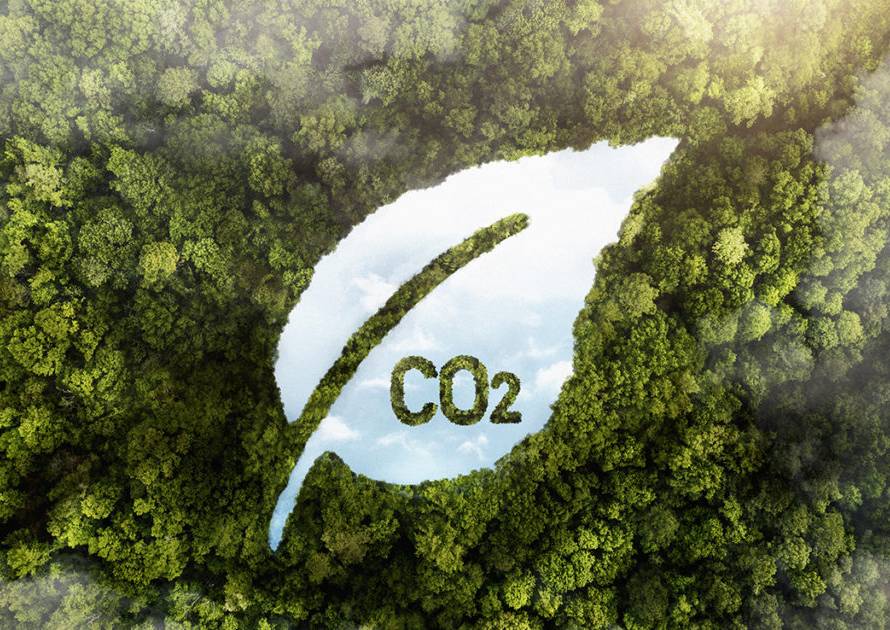In today’s rapidly evolving world, the quest for energy independence has become more critical than ever. Geopolitical tensions, fluctuating fossil fuel prices, and the urgent need to address climate change have all highlighted the necessity for sustainable and reliable energy solutions. At the heart of this transformation lies renewable energy—a beacon of hope for achieving true energy independence. Let’s explore how embracing renewable energy can unlock this potential and pave the way for a sustainable future.
The Promise of Renewable Energy
Renewable energy sources, such as solar, wind, hydro, and biomass, offer an inexhaustible supply of power that can be harnessed with minimal environmental impact. Unlike fossil fuels, which are finite and often subject to geopolitical strife, renewables provide a path to a stable and secure energy future. By investing in and developing these technologies, nations can reduce their dependence on imported fuels and shield themselves from market volatility.
Solar Energy: Power from the Sun
Solar power stands as one of the most promising renewable energy sources. With the cost of photovoltaic (PV) panels continuing to decline, solar energy is becoming increasingly accessible. Innovations in PV technology, such as higher efficiency panels and integrated battery storage, are enhancing the viability of solar power for both residential and industrial use. By harnessing the sun’s abundant energy, communities can generate their own electricity, reduce grid dependence, and even contribute excess power back to the grid.
Wind Energy: Harnessing Nature’s Breath
Wind energy offers another powerful means to achieve energy independence. Onshore and offshore wind farms are capable of generating substantial amounts of electricity. Advances in turbine technology, such as larger blades and floating wind turbines, are making it possible to harness wind power in more locations than ever before. By investing in wind energy infrastructure, countries can tap into a reliable and consistent source of power, reducing reliance on imported fuels and enhancing energy security.
Hydropower: Tapping into Water’s Potential
Hydropower, one of the oldest and most reliable sources of renewable energy, continues to play a crucial role in achieving energy independence. Large-scale hydropower projects, along with innovative small-scale and micro-hydropower systems, offer flexible and sustainable power solutions. By leveraging local water resources, communities can generate clean energy while managing water supply and flood control, ensuring a multifaceted approach to sustainability.
Biomass and Bioenergy: Renewable Organic Power
Biomass energy, derived from organic materials such as agricultural waste, forestry residues, and dedicated energy crops, presents a versatile and renewable energy source. Biofuels, biogas, and biomass power plants can provide energy for transportation, heating, and electricity generation. By converting waste into energy, biomass not only helps reduce landfill use but also offers a renewable alternative to fossil fuels, contributing to a more resilient energy system.
The Path Forward: Policy and Innovation
To fully realize the potential of renewable energy and achieve energy independence, robust policy frameworks and continued innovation are essential. Governments must provide incentives for renewable energy development, such as tax credits, subsidies, and favorable regulatory environments. Investment in research and development can drive technological advancements, making renewable energy more efficient and cost-effective.
Moreover, collaboration between the public and private sectors can accelerate the deployment of renewable energy infrastructure. Community-based projects and decentralized energy systems can empower localities, creating jobs and fostering economic growth while promoting environmental stewardship.
Conclusion: A Sustainable Future Within Reach
The transition to renewable energy is not just an environmental imperative but a strategic move towards energy independence. By embracing solar, wind, hydro, and biomass energy, we can build a resilient and sustainable energy system that protects us from external shocks and ensures a stable energy supply for future generations. Now is the time to invest in renewable energy and seize the opportunity to create a cleaner, more secure, and independent energy future.



